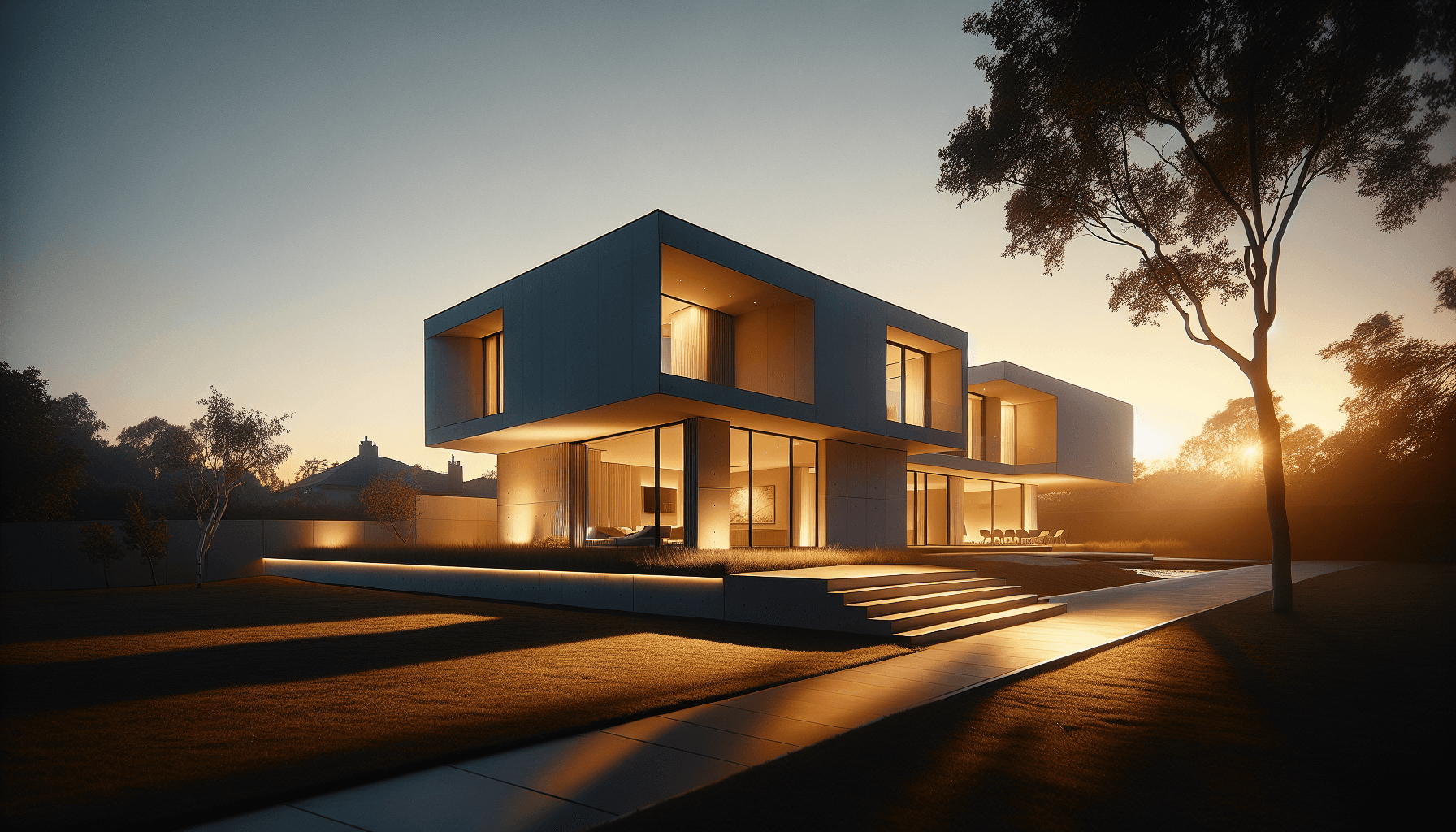What is a Net Zero Home and how does it save energy?
I love talking about net zero homes! These incredible houses represent the future of sustainable living, making a real difference in how we think about residential energy use. If you're curious about cutting your energy bills while helping the environment, you're in for a treat.
Net Zero Home: A net zero home is a highly energy-efficient residence that produces as much renewable energy as it uses over the course of a year through features like solar panels, superior insulation, and smart technology. These homes maintain a net energy consumption of zero while providing all the comfort and functionality of traditional houses.
Introduction to Net Zero Homes
Net zero homes are changing how we live. These houses produce their own clean energy while staying comfortable year-round. They're gaining popularity as homeowners look for ways to reduce their carbon footprint and save money on utilities. The environmental benefits are clear - by generating clean energy and minimizing waste, net zero homes help fight climate change one household at a time.
Core Components of a Net Zero Home
Let's look at what makes these homes tick. The magic happens through three main systems working together:
Energy Production Systems
Solar panels convert sunlight into electricity
Wind turbines can supplement solar power in suitable locations
Geothermal systems use Earth's constant temperature for heating and cooling
Energy Conservation Features
Superior insulation keeps temperature stable
Triple-pane windows prevent heat loss
Sealed construction eliminates drafts and energy leaks
Smart Technology Integration
Real-time energy monitoring shows usage patterns
Automated thermostats optimize temperature control
Energy-efficient appliances reduce power consumption
Financial Aspects
I won't sugarcoat it - net zero homes cost more upfront. The initial investment includes:
Higher construction costs for superior materials
Solar panel installation
Smart home technology setup
But here's the good news - the savings are substantial:
Monthly energy bills drop to near zero
Federal and state tax incentives offset costs
Property values increase significantly
Most homeowners see complete return on investment within 7-10 years through energy savings alone.
Building and Converting to Net Zero
You have two paths to net zero living:
New Construction
Building from scratch allows optimal design for energy efficiency. Your home's orientation, window placement, and structural elements all work together from day one.
Retrofitting
Converting an existing home starts with an energy audit. From there, you'll:
Upgrade insulation
Install energy-efficient windows
Add solar panels
Update HVAC systems
Living in a Net Zero Home
Daily life in a net zero home feels normal - you won't sacrifice comfort or convenience. Summer or winter, these homes maintain comfortable temperatures. Maintenance is straightforward, mainly involving regular solar panel cleaning and system checks.
Common myths about net zero homes don't hold up. They're not cold in winter or hot in summer. They're reliable and still connected to the power grid for backup power when needed.
Future of Net Zero Homes
Net zero technology keeps improving. New solar panels are more efficient, batteries store more power, and smart home systems get smarter. Building codes are starting to require more energy-efficient features, pushing the market toward net zero standards.
Making the Decision
Is a net zero home right for you? Consider:
Your local climate and solar potential
Available incentives in your area
Long-term plans for the property
Current energy costs
Ready to Explore Net Zero Living?
Net zero homes offer an exciting opportunity to reduce both your carbon footprint and energy bills. Bellhaven Real Estate specializes in helping people find or create their perfect net zero home. Schedule a consultation with us to learn more about available properties or converting your current home to net zero standards.

